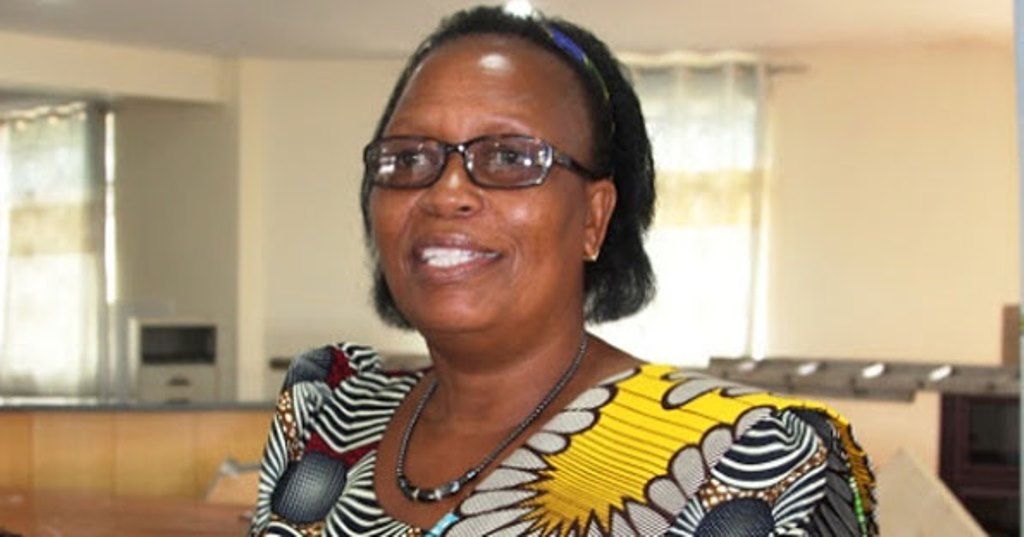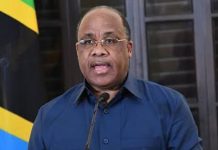AfricaPress-Tanzania: THE government has called upon its regulatory agencies not to frustrate any investor and instead work together with them to promote investment in the country.
While there is no integrated national investment development strategy and programme, they are challenged to closely work together, at this time when every country is doing everything possible to improve economy by attracting new investors.
The call was made here by the Permanent Secretary in the Prime Minister’s Office, Policy Coordination and Investment, Dr Dorothy Mwaluko, saying that the government is working hard to improve investment climate and attract more quality investment in the country.
She was speaking while gracing the opening of a validation workshop that brought together representatives from ministries, departments and government institutions for evaluation on the implementation of the National Investment Promotion Policy (NIPP), 1996.
Dr Mwaluko noted that the primary objective of the evaluation is to establish the extent to which the NIPP has achieved its objective and identify new emanating challenges to improving investment climate so as to attract more quality investment in the country.
The evaluation is expected to come up with policy, legal and institutional issues to inform the government on the way forward to creating a sustained favourable investment climate.
“We need to have a coherent approach to investment coordination, promotion and facilitation, therefore, I appeal to you to drop your different sector positions on the matter and have a common outcome,” she said.
The PS further argued that some sectors in the government are not doing their best to promote investment, noting that some local government authorities have failed to set aside land for investment, despite the government directive to do so.
She further pointed out that the Prime Minister’s Office (PMO) has the overall role of coordination of the investment matters in the country by overseeing the implementation of NIPP.
This is in understanding that, among the 57 Sectoral Policies governed under 18 different ministries, a total of 34 policies have provisions which impact investment matters. She said, however, the existing investment coordination framework still faces some challenges.
One of them is absence of an integrated national investment development strategy and programme which hampers the effective coordination role of the PM’s office.
The other challenge is absence of implementation strategy of the current National Investment Promotion Policy 1996.
According to the PS although the main role of investment promotion and facilitation is vested in the Tanzania Investment Centre (TIC), in principle all sectoral ministries, local government authorities and agencies do play a critical role.
“The facilitation role involves the regulatory framework embedded in their jurisdiction such as issuance of various guidelines, permits and licenses for the establishment, operation, market access, provision of aftercare services and monitoring and evaluation to ensure adherence to policy goals and legal requirements.” she said.
Dr Saudin Mwakajega from the University of Dodoma (UDOM) who also participated in the evaluation process noted that it was important to conduct an assessment of achievements accrued in the course of implementation of the policy, identification of existing gaps, challenges encountered and recognizing policy areas.
He said the aim is to identify also new emerging issues crucial for improving Tanzania’s investment competitiveness and taking on board various developments in the global and regional investment frameworks.
“The primary objective of the evaluation was to establish the extent to which the policy has been achieved and identify new emanating challenges to improving investment climate so as to attract more quality investment in the country.” he said.
On his part, Export Processing Zones Authority (EPZA)’s Director of Promotion and Facilitation James Maziku observed that at macroeconomic level, Tanzania’s economic growth remains high relative to other developing countries.
He said Tanzania’s economic performance continues to rank among the highest in the region, adding that over the past 15 years, Tanzania averaged an annual rate of growth of 6.4 per cent.
He said, “This growth was attributed to increased investments especially in infrastructure such as construction of roads, railway and airports; stable supply of electricity; improvement in transport services”







